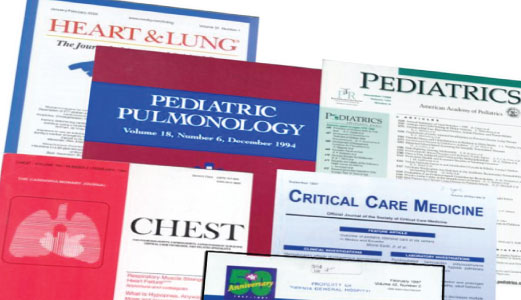Hidden Answers: the Battle to Reveal Clinical Trial Results
Currently under no legal obligation to disclose all clinical trial results, pharmaceutical companies are now being pressured by volunteers to publish full investigation findings.

An article published in the New York Times in 1989 reveals that, although participants may be under the impression that pharmaceutical trials are of enormous benefit to the development of medicines for themselves and society at large, the industry is in fact no more sophisticated or reliable than it was over two decades ago.
The piece noted that “it was unethical for doctors to conduct research paid for by taxpayers and then not to publish the results.” But, more importantly – as applies today – eminent physicians generally refer to the latest research to give their patients the best possible medical care. Biased reporting of research – not publishing inconclusive or negative results – can give the (rather false) impression that a drug or treatment is more effective and safe than it may actually be.
eyeforpharma recently reported on the protest and subsequent campaign by a group of 53 clinical trial participants – some healthy and some suffering with potentially fatal diseases – who have penned an open letter to the European Medicines Agency (EMA). Backed by the British Medical Journal and Sense About Science, the letter outlines that many participants in trials have been misled because thousands of clinical trials have not been published.
When discrepancies like this occur, it’s the end consumer – the patient – who has the most to lose in the scenario. Wasting a substantial amount of resources in the usage of ineffective or costly treatments is unforgiveable but being subjected to harmful medication can be irreversible.
For example, anti-arrhythmic drugs were prescribed widely – with the FDA’s approval – to heart-attack victims for more than a decade, under the assumption that reducing heart-rhythm abnormalities would decrease mortality rates. But, according to the book Deadly Medicine by journalist Thomas J. Moore, at one point these drugs were killing more Americans each year than were killed during the entire Vietnam War.
From January 2014, as is already done by the FDA, the EMA will publish all clinical study reports. But that still leaves all the trial data which never sees the light of day – and is certainly not submitted to the regulators. The latest campaign essentially asks the question: why is it we do research? Surely it is to learn the truth for the benefit of patients.
But as Ben Goldacre, doctor and author of 'Bad Pharma' said: "This is medicine's dirty secret, so it's great to see patients speaking out, and so many eminent organisations joining up, to finally fix this problem.”

